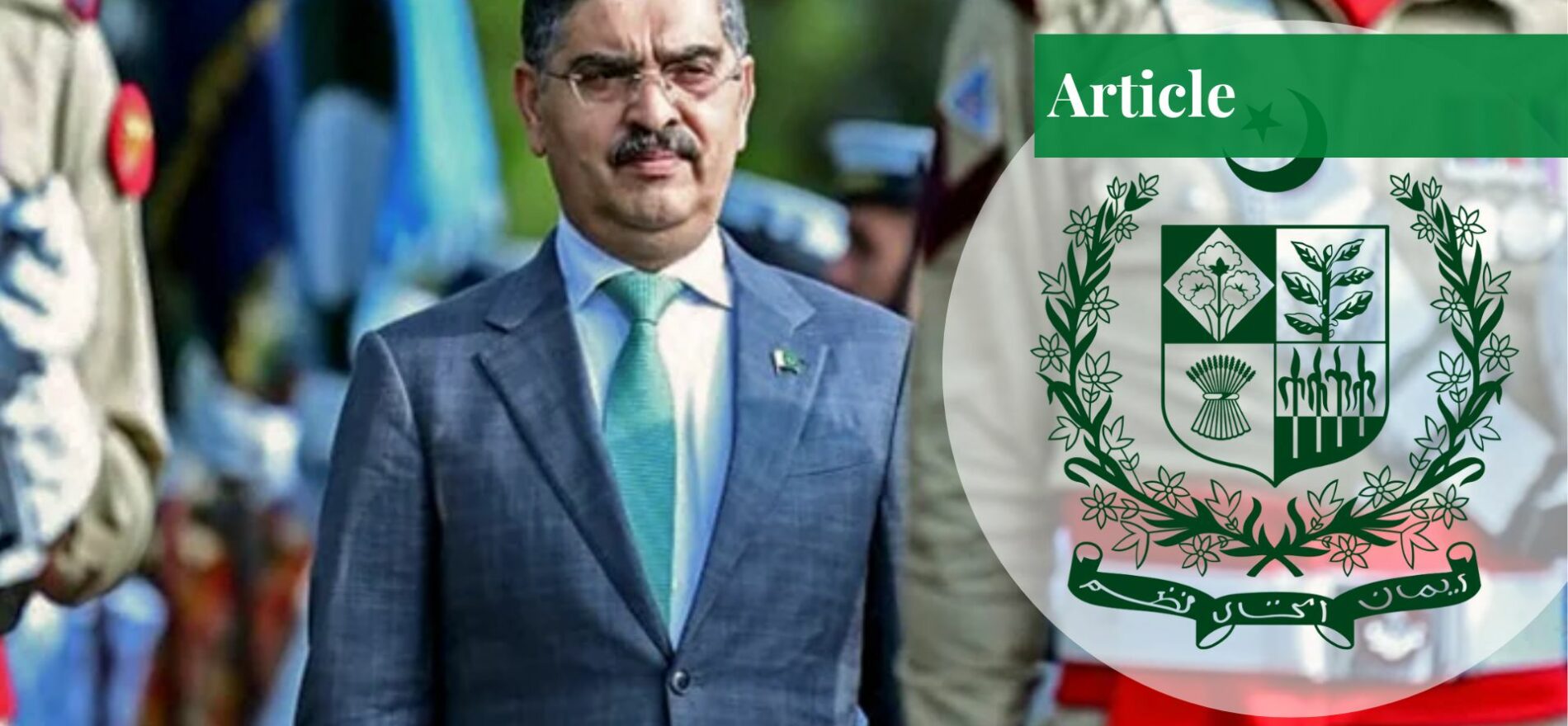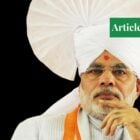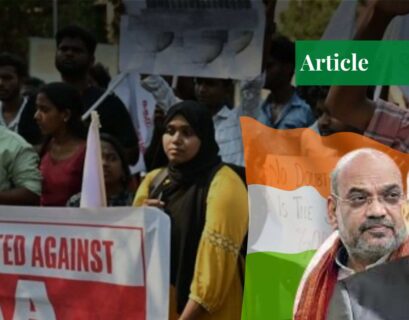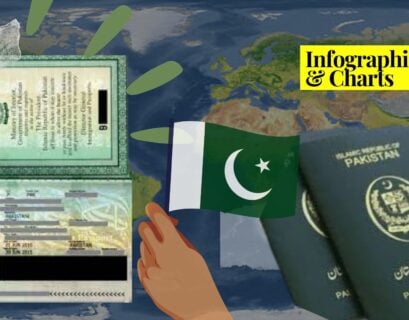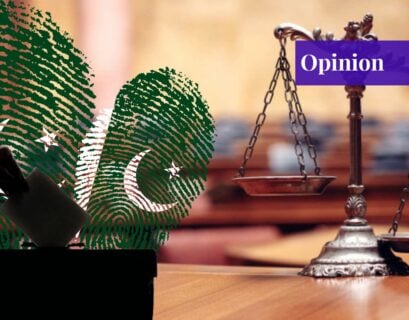Ms Zainab Haseeb is studying IR at Kinnaird College for Women, Lahore. She has previously participated in WWF's eco-internship.
The caretaker government is an important subject of discussion and though it is short-lived, it remains crucial to the transitory process contributing to the maintenance of Pakistan. The Islamic Republic of Pakistan has seen unfinished tenures of several leaders from different mainstream political parties such as Pakistan People’s Party, Pakistan Muslim League Noon, and quite recently Pakistan Tehreek-e-Insaaf too.
Currently, the country is in the process of transition as it awaits its next elections. It is being administered by a caretaker government which has an interesting dynamic that shall be explored below.
What is a Caretaker Government?
A caretaker government is selected to carry out the duties of the government and its functions until a regular government is elected to take its place. The caretaker government is also put in place when a government that is in a parliamentary system goes through the process of motion of no confidence or when the assemblies are dissolved.
The government simply remains a provisional replacement that operates till the elections take place and the results are revealed. The functions and activities of the caretaker government are limited in their capacity.
The members of the caretaker government can be randomly selected or they can be approved members of the parliament. In representative democracies, the functions remain limited as the purpose is to maintain a status quo or continue with the order of the previous government rather than actual governance or legislation. The reason why its power remains limited is because it is not based upon the mandate of the people.
The Outgoing Government’s Decisions
The parliament of Pakistan approved legislation that granted the caretaker government additional powers to make important decisions. Moreover, the amendment has enabled the caretakers to engage with the international institutes that the state is affiliated with. These legislations were carried out by amending the Election Act of 2017.
Under section 230, the caretaker government now has the authority to function like the permanent government in terms of certain matters. The article basically empowers the caretakers to take decisions regarding existing bilateral, multilateral, and ongoing projects signed with institutes such as the International Monetary Fund (IMF) and World Bank.
This act of empowerment has received backlash from politicians that are well-versed in the Constitution. According to Senator Mushtaq Ahmad, this act of granting powers to the caretaker government of Pakistan can be seen as a soft coup that has been engineered by the coalition to influence the upcoming general elections. Moreover, it was said that the powers of the caretaker governments in KPK and Punjab can help further the agendas of those who left them behind. The focus of these powers would hardly be the assurance of unbiased and neutral working.
A few explanations that were offered to defend these amendments were of economic nature. It is being said that with the extension of functions of the caretaker government, the CPEC project can be managed much more effectively. The project remains vital for the economic and security interests of the state which is why it requires complete focus of the administrative bodies of the state.
Transgressions
Despite the economic reasoning, the caretaker setup remains a controversial one as it raises questions about the role and authority of Pakistan’s Election Commission. The very purpose of the Election Act of 2017 was to ensure the empowerment of the ECP body so that they could prevent the caretaker setup from transgressing its role and keeping it in check from influencing free and fair elections in any way.
The Lahore High Court has recently reported the transgression by the caretaker setup and has called out its activities. According to the court, the caretaker setup has introduced policy decisions, has entered into agreements, and has appointed public officials without seeking the approval of the ECP. These acts are prohibited as per the 2017 Act and that is exactly what the Senate had predicted to be the result of such amendment.
While the newly appointed caretaker setup swore to conduct free and fair elections under Prime Minister Anwar Ul Haq Kakkar, a delay in elections is predicted beyond the month of November. This so-called delay is masked under the guise of redrawing of boundaries of different political constituencies in Pakistan.
Conclusion
Once again, some old and dingy administrative excuses are being used to divert attention from free and fair elections. Constitutional anomalies are being observed that do not possess democratic character.
The country is once again being decorated for a political game of power. Although not absolute, the country is amidst another political crisis with no given date for general elections. All institutes of the state including the judiciary, the caretaker setup, the election commission, and the military remain under question.
If you want to submit your articles, research papers, and book reviews, please check the Submissions page.
The views and opinions expressed in this article/paper are the author’s own and do not necessarily reflect the editorial position of Paradigm Shift.
